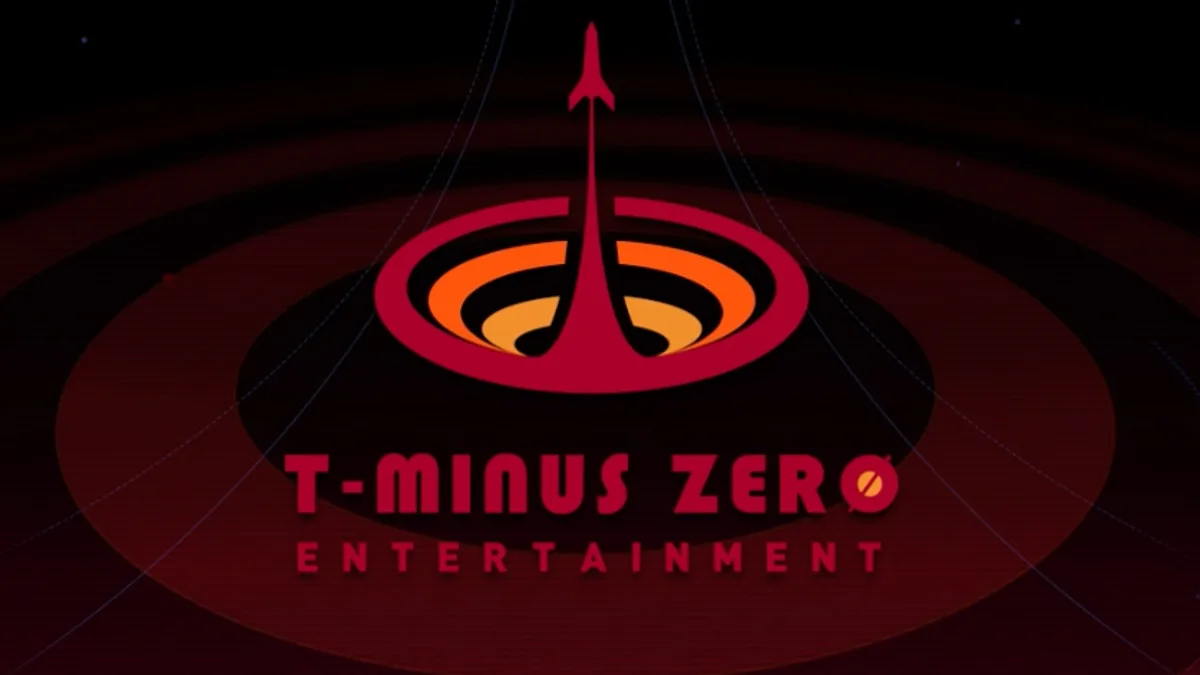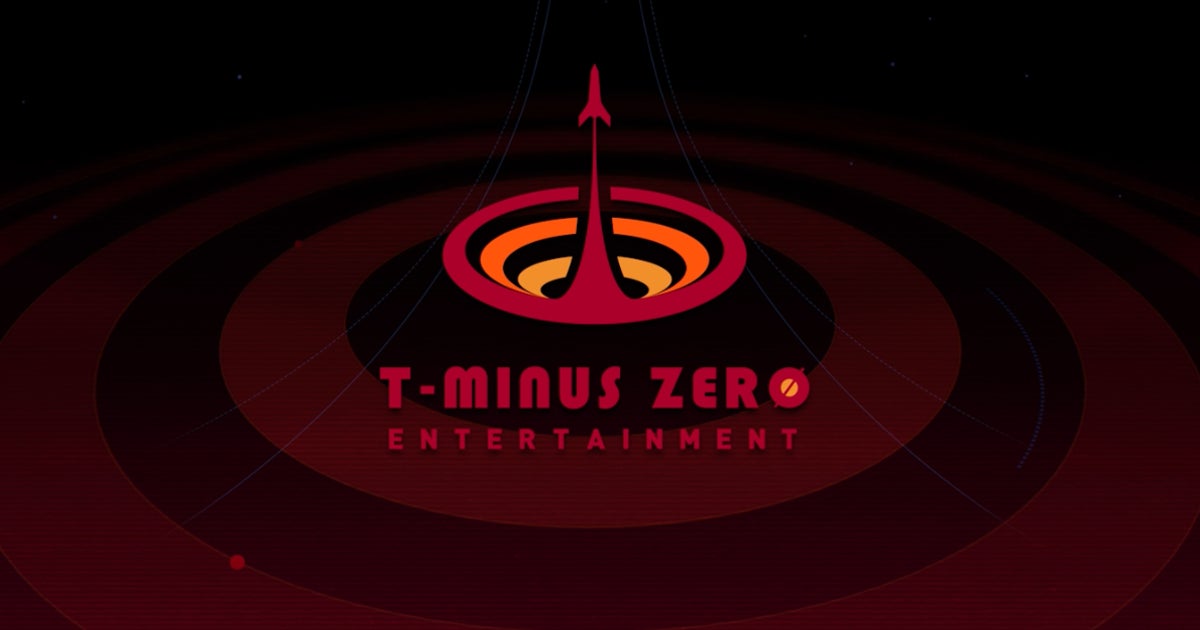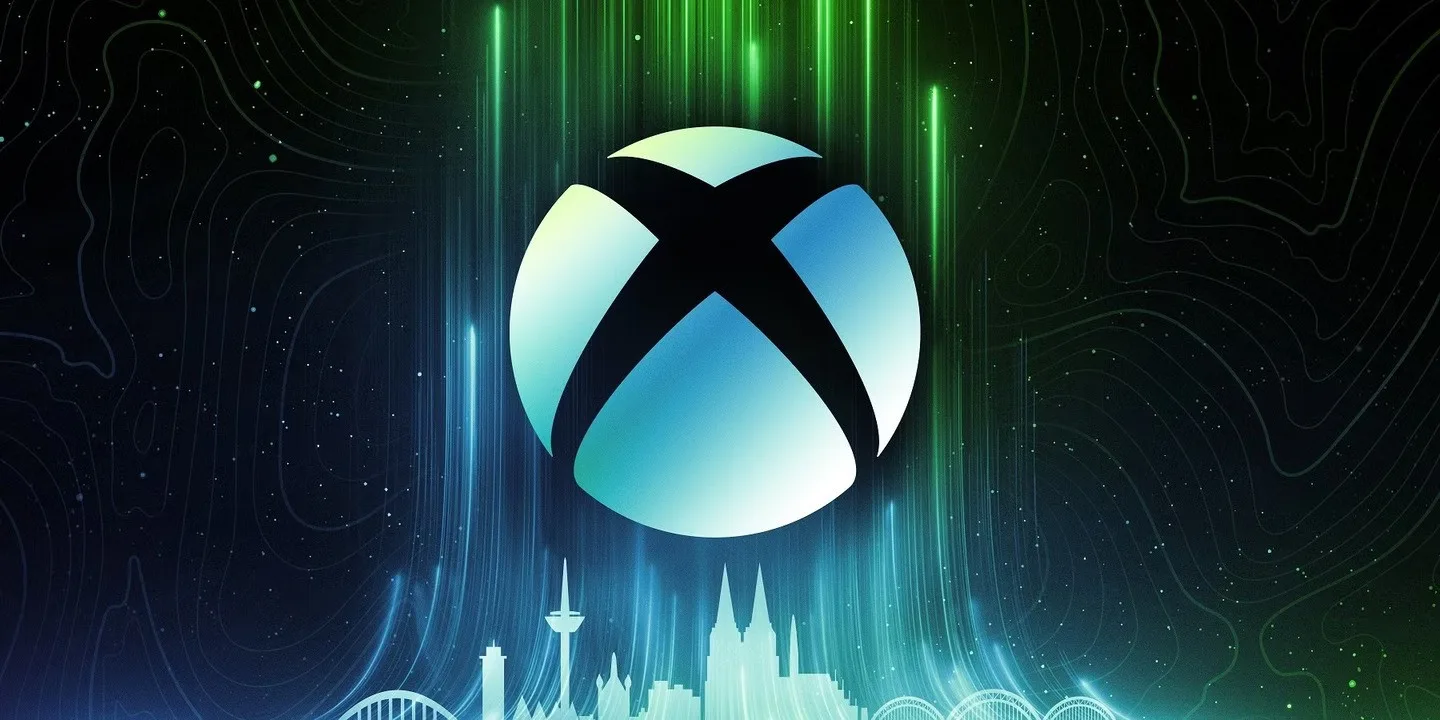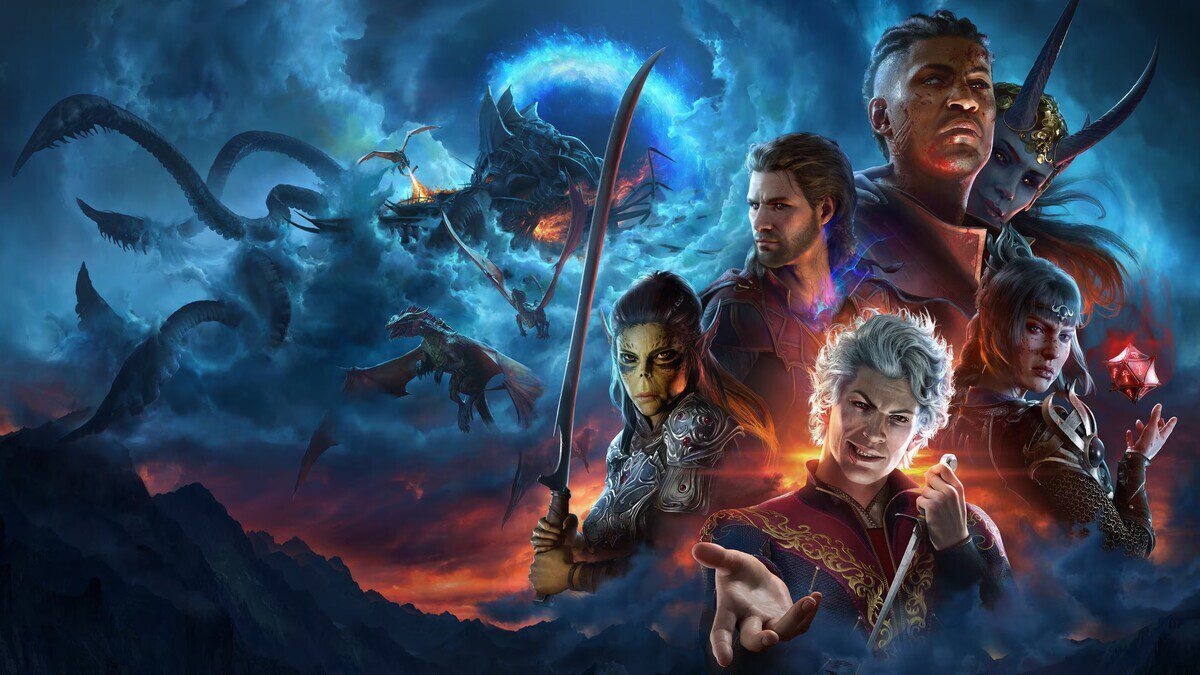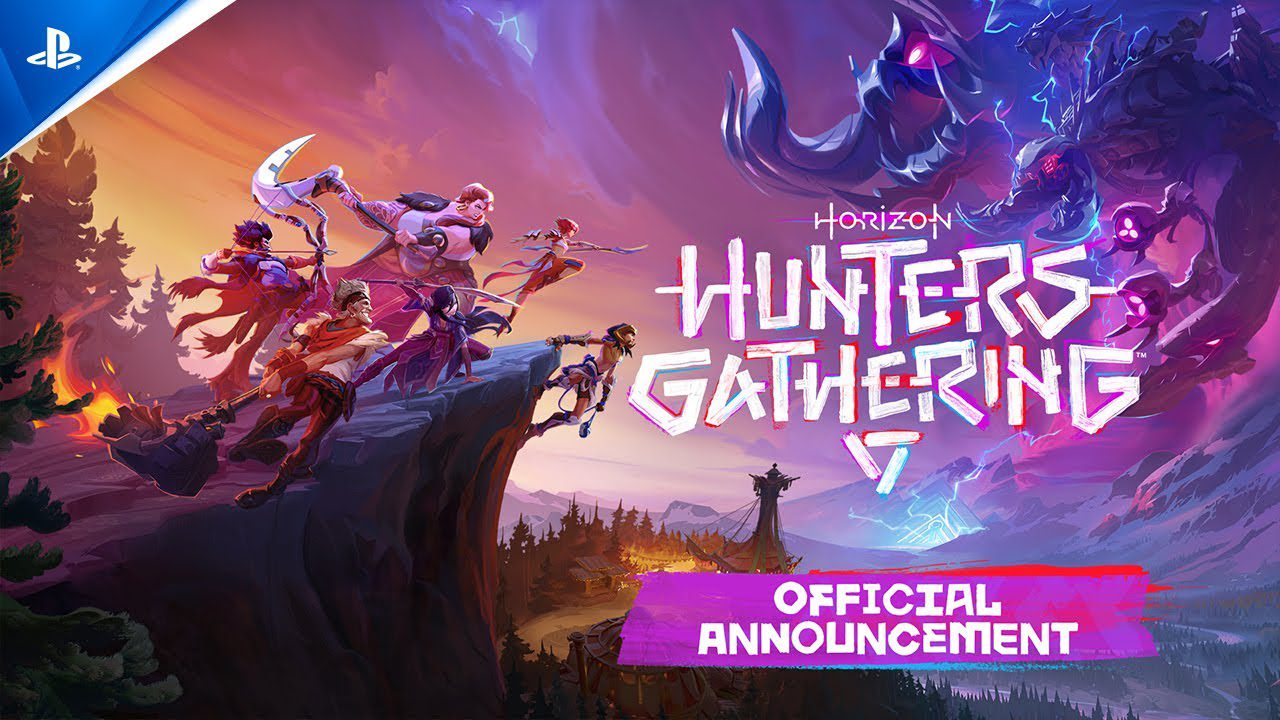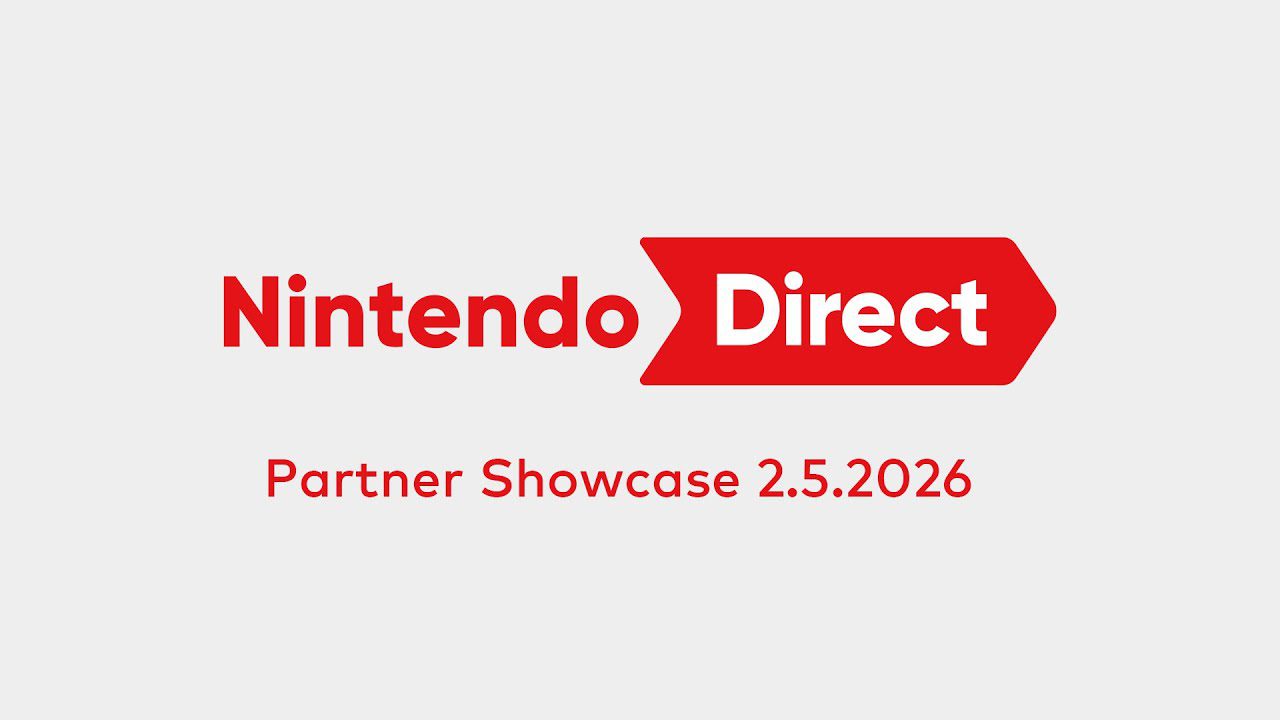In a move that sent ripples through the MMO development community, NetEase has officially shut down T-Minus Zero Entertainment, the studio led by genre veteran Rich Vogel. The closure, confirmed via a heartfelt LinkedIn post by Vogel himself, marks another chapter in the increasingly volatile landscape of international game publishing.
Who Is Rich Vogel—and Why Does He Matter?
Rich Vogel isn’t just another name in the credits. He’s one of the architects of modern online gaming. His résumé reads like a timeline of MMO evolution:
- Ultima Online: One of the first graphical MMORPGs to gain mainstream traction.
- Star Wars Galaxies and Star Wars: The Old Republic: Ambitious attempts to blend cinematic storytelling with persistent online worlds.
- He’s also helped launch studios for Sony Online Entertainment, BioWare Austin, and Bethesda Game Studios Austin—each a powerhouse in its own right.
Vogel’s career has been defined by a commitment to pushing the boundaries of multiplayer storytelling. So when NetEase announced the formation of T-Minus Zero in August 2023, expectations were high.
What Was T-Minus Zero Building?
The studio was reportedly working on a third-person multiplayer action game based on a globally recognized public domain sci-fi IP. While details were sparse, Vogel and fellow developer Mark Tucker hinted at a project that would reinterpret a familiar universe with fresh mechanics and personality.
A playable demo was completed and had generated interest, but the studio couldn’t secure the funding needed to move forward. Vogel cited “current market conditions” as the primary obstacle—a phrase that’s becoming all too common in today’s gaming economy.
NetEase’s Global Retrenchment
T-Minus Zero’s closure isn’t an isolated incident. NetEase, one of China’s largest game publishers, has been scaling back its international ambitions. In recent months, it has:
- Split from Worlds Untold, a Vancouver-based studio founded with Mass Effect writer Mac Walters.
- Shut down Jar of Sparks, led by Xbox veteran Jerry Hook.
- Laid off developers behind Marvel Rivals, despite the game’s strong launch performance.
This pattern suggests a strategic pivot—possibly driven by regulatory pressures in China, shifting investor priorities, or the high burn rate of AAA development abroad.
Indeed, launching a new studio in today’s climate is like threading a needle in a hurricane. Even with industry legends at the helm, the challenges are immense:
- Funding volatility: Investors are increasingly risk-averse, especially in the wake of global economic uncertainty.
- IP saturation: Public domain IPs offer creative freedom, but also come with the challenge of standing out in a crowded market.
- Publisher control: When studios are owned by large publishers, creative autonomy can be compromised by shifting corporate strategies.
T-Minus Zero had talent, vision, and momentum. What it lacked—through no fault of its own—was timing.
For creators like you, Jesús, who value legacy, ethical engagement, and community-first design, this story is a sobering reminder of how fragile even the most promising ventures can be. It underscores the importance of:
- Diversifying funding sources.
- Building resilient, values-driven teams.
- Advocating for creator autonomy in publisher relationships.
Vogel’s closing words weren’t bitter—they were proud. He praised his team’s dedication and encouraged others to connect with the developers now seeking new opportunities. That kind of leadership, even in the face of closure, is what keeps the spirit of innovation alive.

